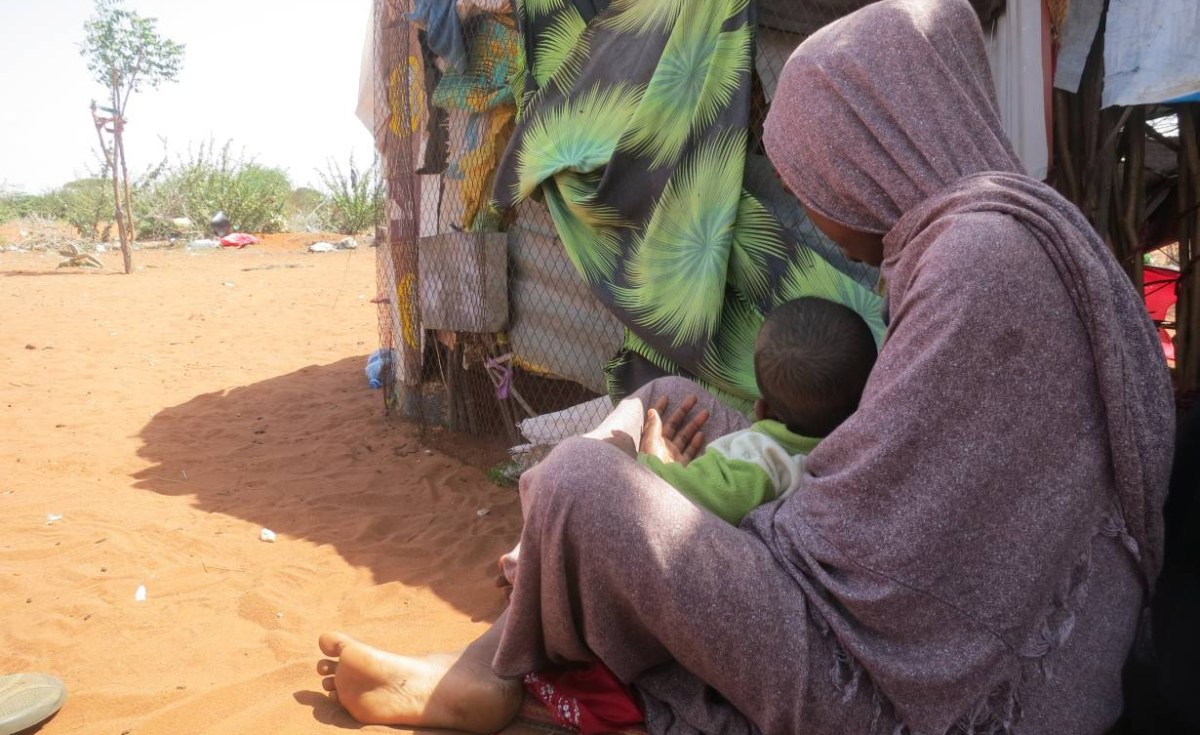Sometime last year, Chinyeaka Arinzeshared aTikTokvideo of her crying while three older women cut her hair.
Chinyeaka, obviously mourning, wrote, “God, when will I be okay? The pain is too much on me. Been a widow at 23. Arinze, this is not what we planned. Our kids are asking of you every blessed day. Death, why?”
While Chinyeaka did not speak on what she was going through, a widow named only as Rose recounted her ordeal in an interview with CNN.
Rose, who said she had lost her husband to Chronic Kidney failure, said she was asked to “shave my pubic hair, my armpit hair, my nails and bring them along the next day when they want to shave my hair.“
Rose ran a successful clothing business before her husband’s illness, and she sunk everything into her husband’s treatment.
But at her husband’s burial, his relatives “burned everything I was wearing and my hair. Then, they told me to bathe in the same spot. I protested that I could not bathe in broad daylight. They insisted. People were looking at us, we had been there from 2 a.m. to 4 p.m., and I wanted it to end,” she said.
Rose revealed that the community members said her protest made her a suspect in her husband’s death.
In Nigeria, where traditions are considered sacred and not to be questioned, Chinyeaka and Rose’s experiences are only a few of the many instances where widows are made to go through such degrading rites.
Dehumanizing Practices
In Nigeria, harmful widowhood practices have long been a concern, subjecting widows to discriminatory and distressing experiences. These practices are deeply rooted in traditional and cultural beliefs, leading to various forms of mistreatment and abuse.
One of the most detrimental practices is forced remarriage or inheritance, where widows are compelled to marry a male relative of their deceased husband, leaving them with little choice or autonomy in their lives. This tradition is rooted in the belief that the woman is the property of her husband and should be inherited. This perpetuates the notion that widows cannot own property and must rely on a male figure for security.
Another aspect of widowhood practices in Nigeria is property seizure, whereby widows may face disinheritance or have their late husband’s belongings and assets taken away from them. This leaves widows economically vulnerable and may strip them of their ability to provide for themselves and their children. And this is one of the things Chiyeake said happened to her. In another video she posted, she wrote, “…they collected everything from me. The worst part of it is that they don’t ask about the kids.”
Additionally, some communities subject widows to harmfulrituals, physical abuse, and humiliation as part of mourning or as a test of their innocence in relation to their husband’s death.
Furthermore, widows may face cultural restrictions on their appearance and activities, being compelled to conform to specific clothing or avoid certain social events, which further limits their freedom and self-expression.
Efforts to curb these?
The Supreme Court, in a landmark judgment in 2004 for Ms Gladys Ada Ukeje, said, “Any culture that dis-inherits a daughter from her father’s estate or wife from her husband’s property by reason of God-instituted gender differential should be punitively dealt with.”
Also in 2015, the federal government of Nigeria signed into law the Violence Against Persons Prohibition (VAPP) Act to protect people against various forms of violence, including harmful widowhood practices.
Currently, there is a bill for an “Act to eliminate all forms of repressive cultural practices against widows, provide for the protection of their fundamental human rights and for other matters connected thereto,” and civil society groups working in the space are positive that the passage of the bill will give a breath of fresh air to Nigeria’s neglected and maltreated widows.






